At Bethesda Dental Implant Center, our team of experts is dedicated to providing you with the best possible care, no matter your needs or concerns. When you visit us for a tooth extraction procedure, we recognize that you may be feeling nervous. After all, no one wants to lose a tooth, but sometimes this is necessary for your health.
While the thought of having a tooth extracted can be daunting, we take the time to walk you through the process and ensure that you understand the purpose of the procedure and are comfortable every step of the way. Whether you’re in need of a simple extraction or a surgical extraction, you can rest assured that you’re in good hands with our Bethesda, MD team.
Reasons for a Tooth Extraction
A tooth extraction is the removal of a tooth from the mouth. Extractions are performed for a variety of reasons, but most commonly to remove teeth that are decayed or damaged beyond repair. Sometimes, extractions are performed due to crowding or a lack of space for a tooth to erupt properly. Whatever the case may be, extractions are always performed for the health and well-being of the patient.
There are two types of extractions we perform at our office: simple and surgical. The type of extraction performed will be determined based on the location of the tooth and the particular needs of the patient.
Simple Extractions
A simple extraction is performed on a tooth that is visible in the mouth and is easily accessible. This type of extraction is typically performed using a tool called an elevator to loosen the tooth before it is removed with forceps. Local anesthesia will be used to numb the area around the tooth to ensure your comfort during the procedure.
Surgical Extractions
A surgical extraction is performed on a tooth that is not visible in the mouth or is only partially visible. This type of extraction is necessary when the tooth has broken off at the gum line or has not erupted fully. The surgical process is more complex and may require the use of special instruments to remove the tooth. Local anesthesia will be used to numb the area around the tooth to ensure your comfort during the procedure.
Tooth Extraction Recovery
After your extraction, it is important to follow the instructions provided by your Bethesda, MD dentist to ensure a quick and successful recovery. These instructions will likely include avoiding strenuous activity, drinking plenty of fluids, eating soft foods, and refraining from using any tobacco products. Most patients experience some level of discomfort after an extraction, but this can be managed with over-the-counter pain medication. In the case of severe pain or complications, please do not hesitate to contact our office. Below, you will find a number of tips to help you through the recovery process.
- Rest: It is important to rest after your extraction. This will help your body to heal and reduce the risk of complications.
- Eat soft foods: Stick to soft foods that are easy to chew to avoid irritating the extraction site.
- Avoid straws: Sucking on a straw can dislodge the blood clot that forms at the extraction site and delay healing.
- Rinse with warm salt water: Rinsing your mouth with salt water can help to keep the area clean and reduce swelling.
- Take pain medication as needed: Over-the-counter pain medication can help to manage any discomfort you may be feeling.
If you have any questions or concerns, please do not hesitate to contact our office. We are always happy to help!
Extraction FAQs
What if I don’t have the extraction?
Our office will only recommend an extraction if this is absolutely necessary. If you don’t have the extraction, the tooth’s health will continue to decline and may contribute to other health problems.
What options do I have following an extraction?
Once the tooth has been extracted, you have a few different options for restoration. This includes replacing the tooth with a dental implant or getting a dental bridge to fill the gap. In the case of an extraction performed on an impacted tooth, no further treatment may be necessary.
How much does an extraction cost?
The cost of an extraction will vary depending on the type of extraction necessary and your dental insurance coverage. Our office will be able to give you a better estimate of the cost once we have had a chance to assess your specific situation.
